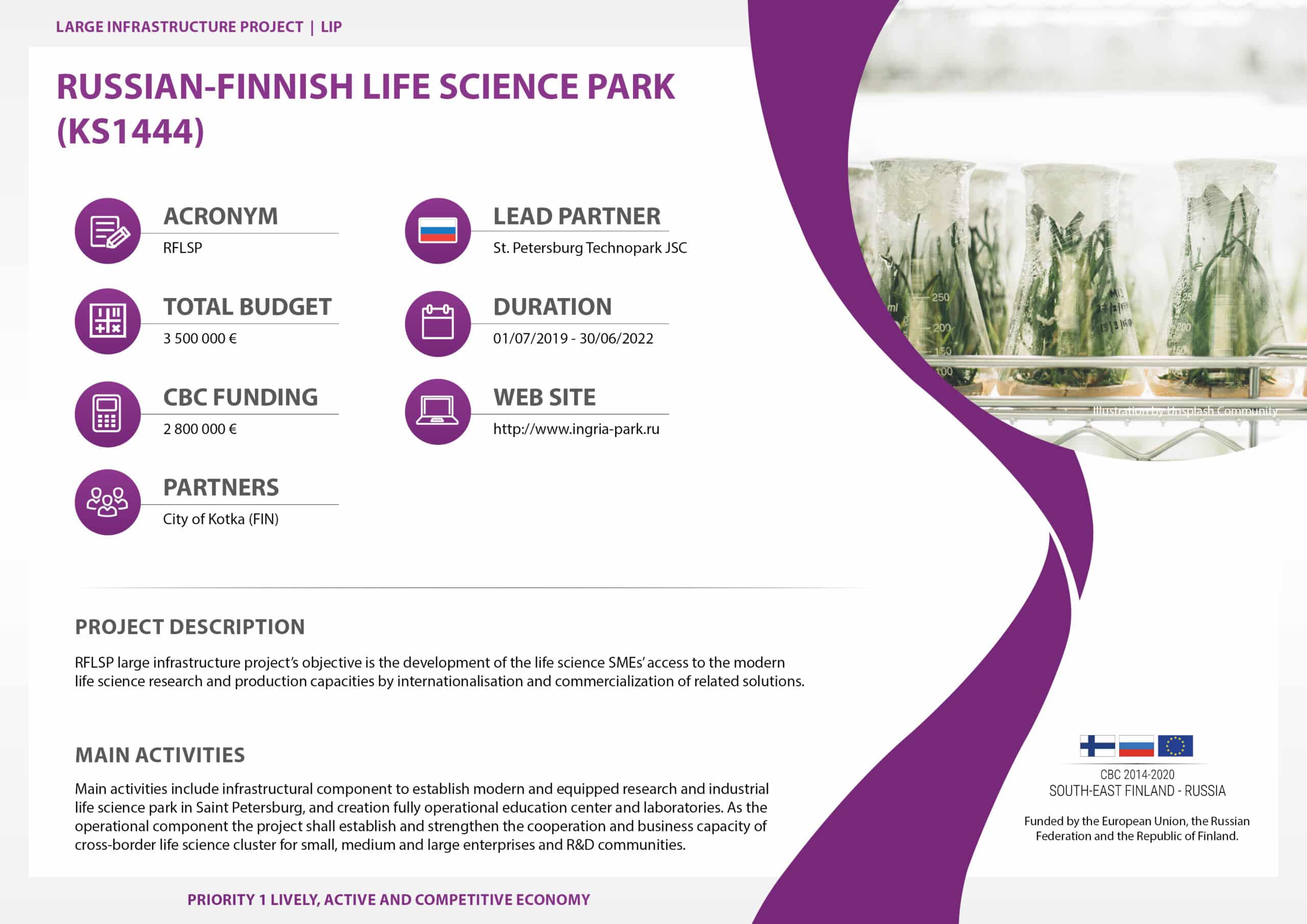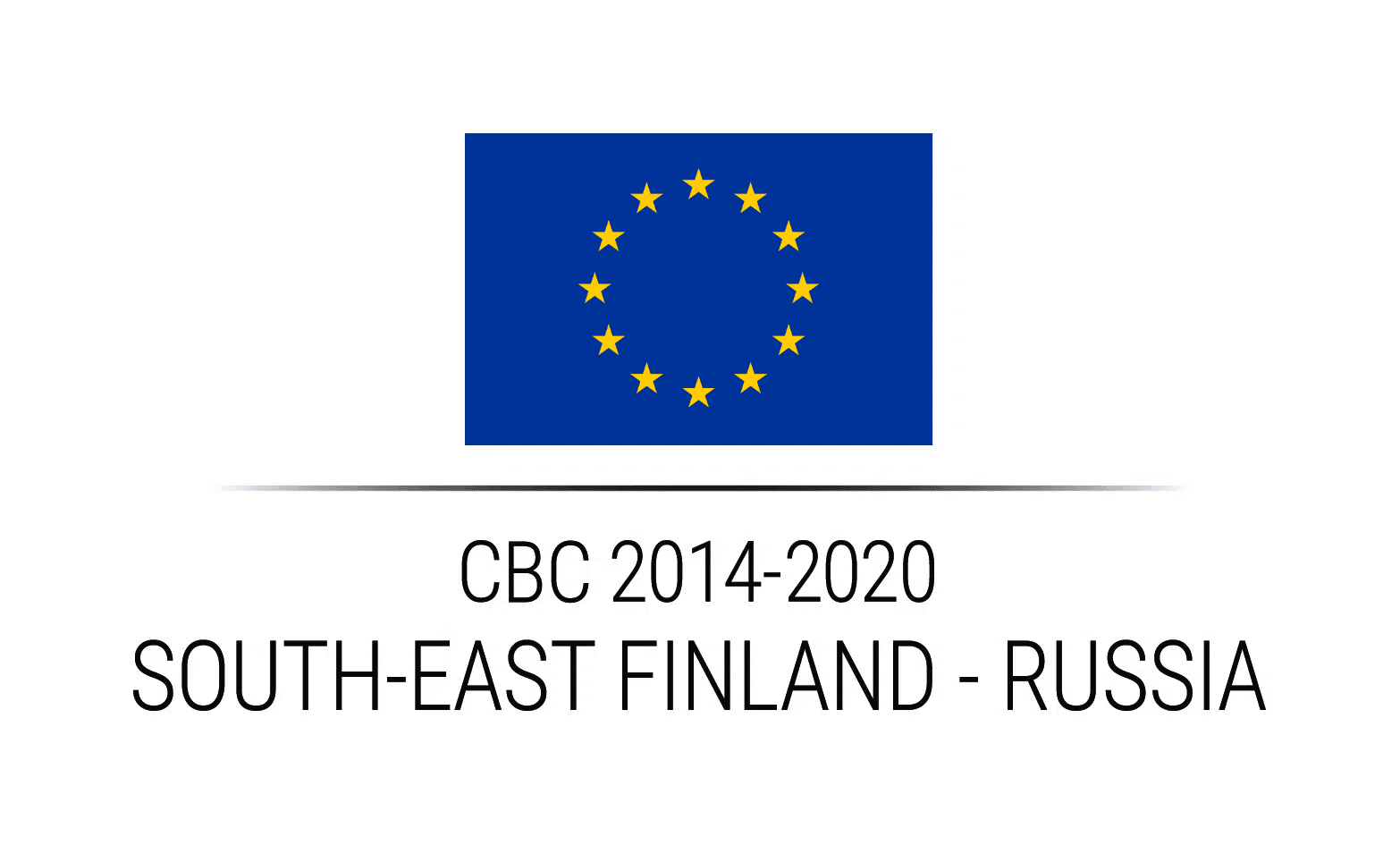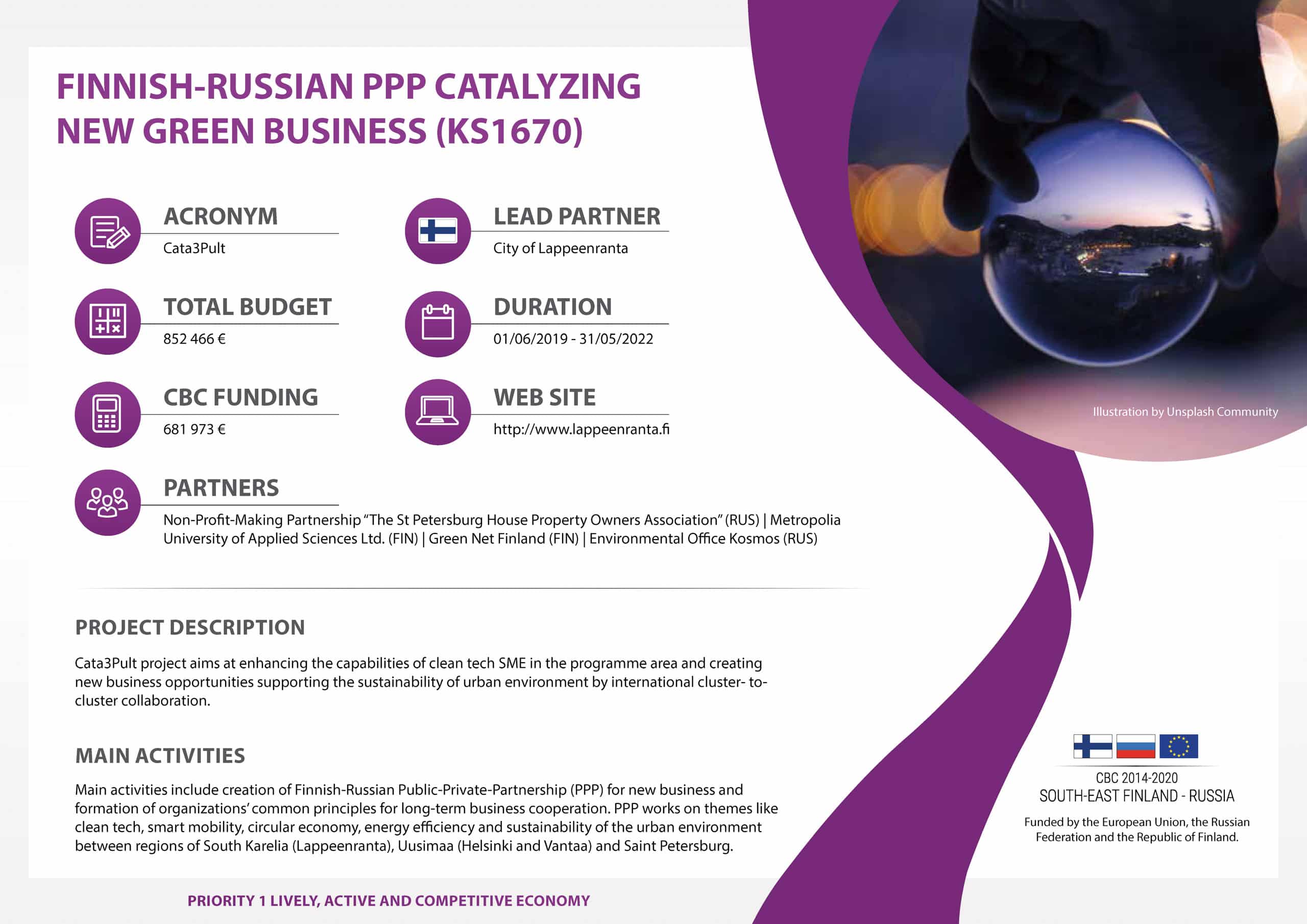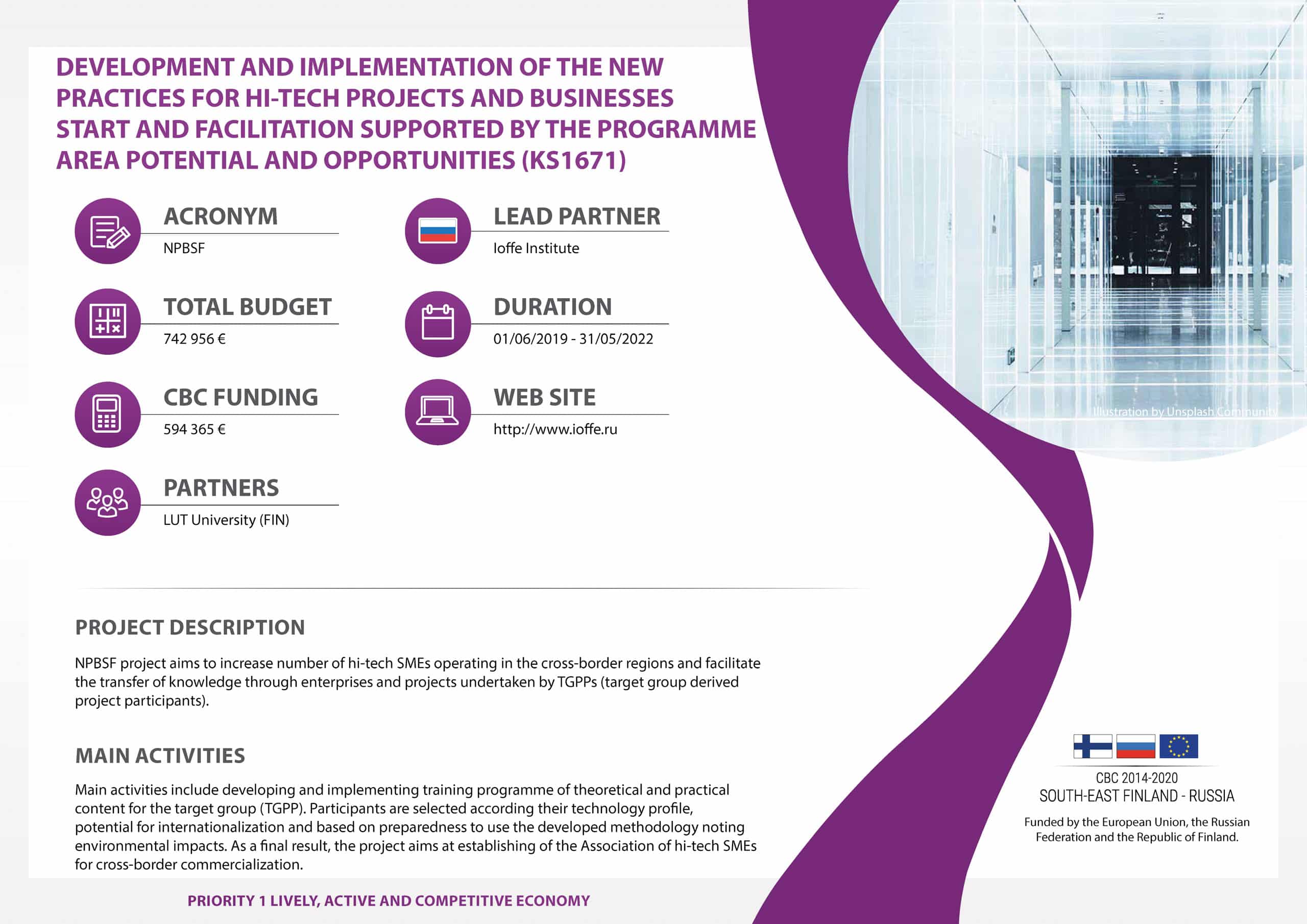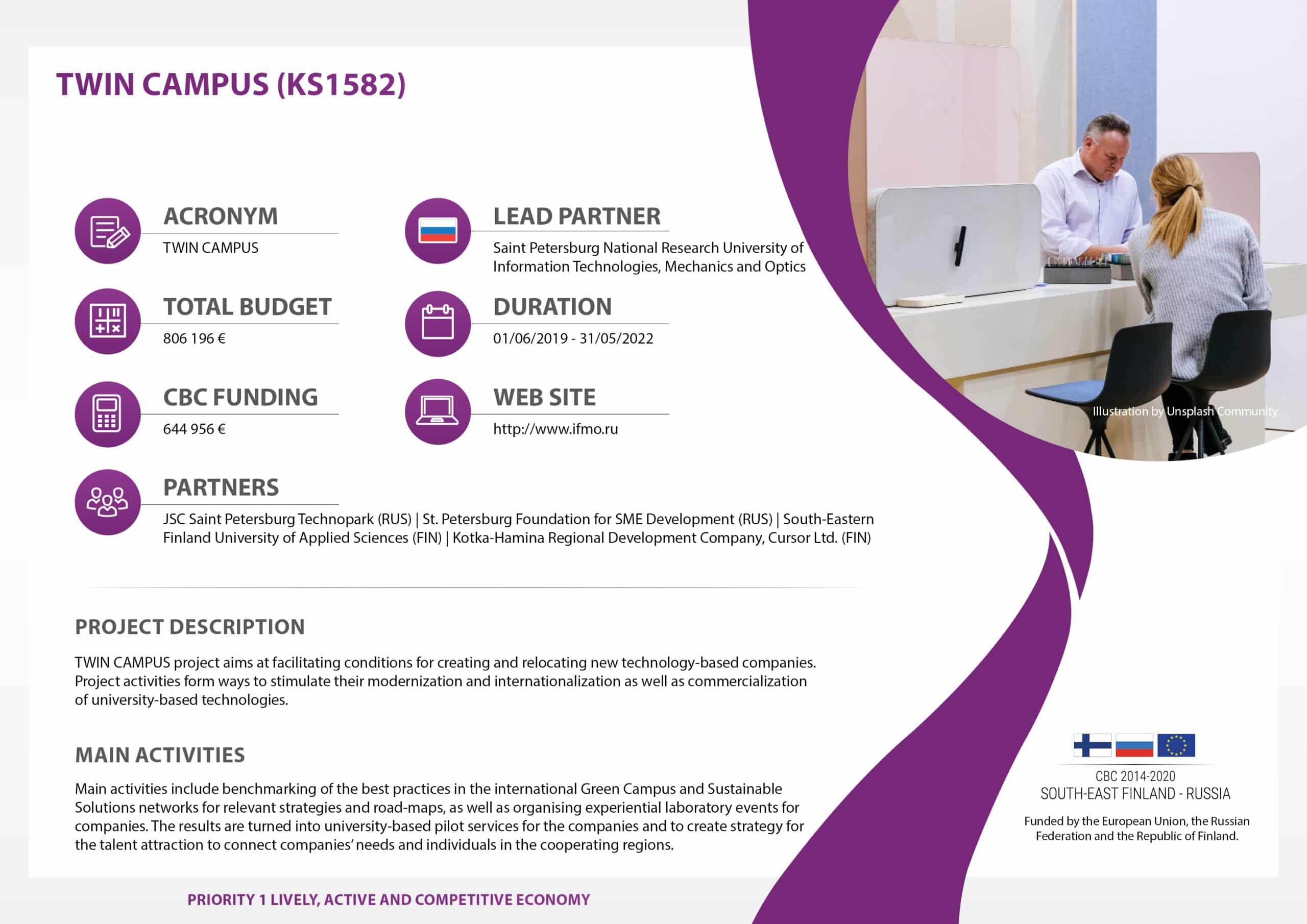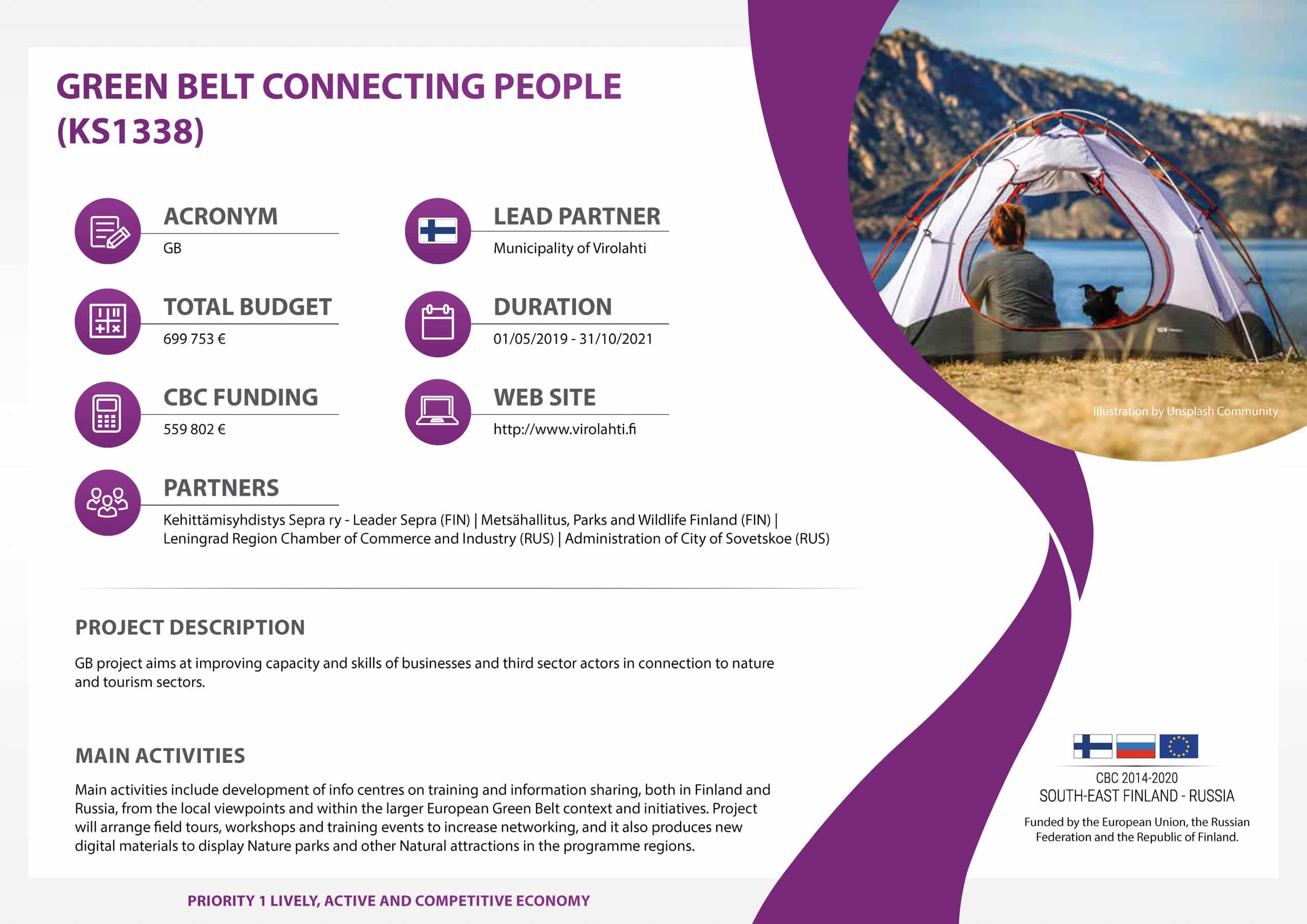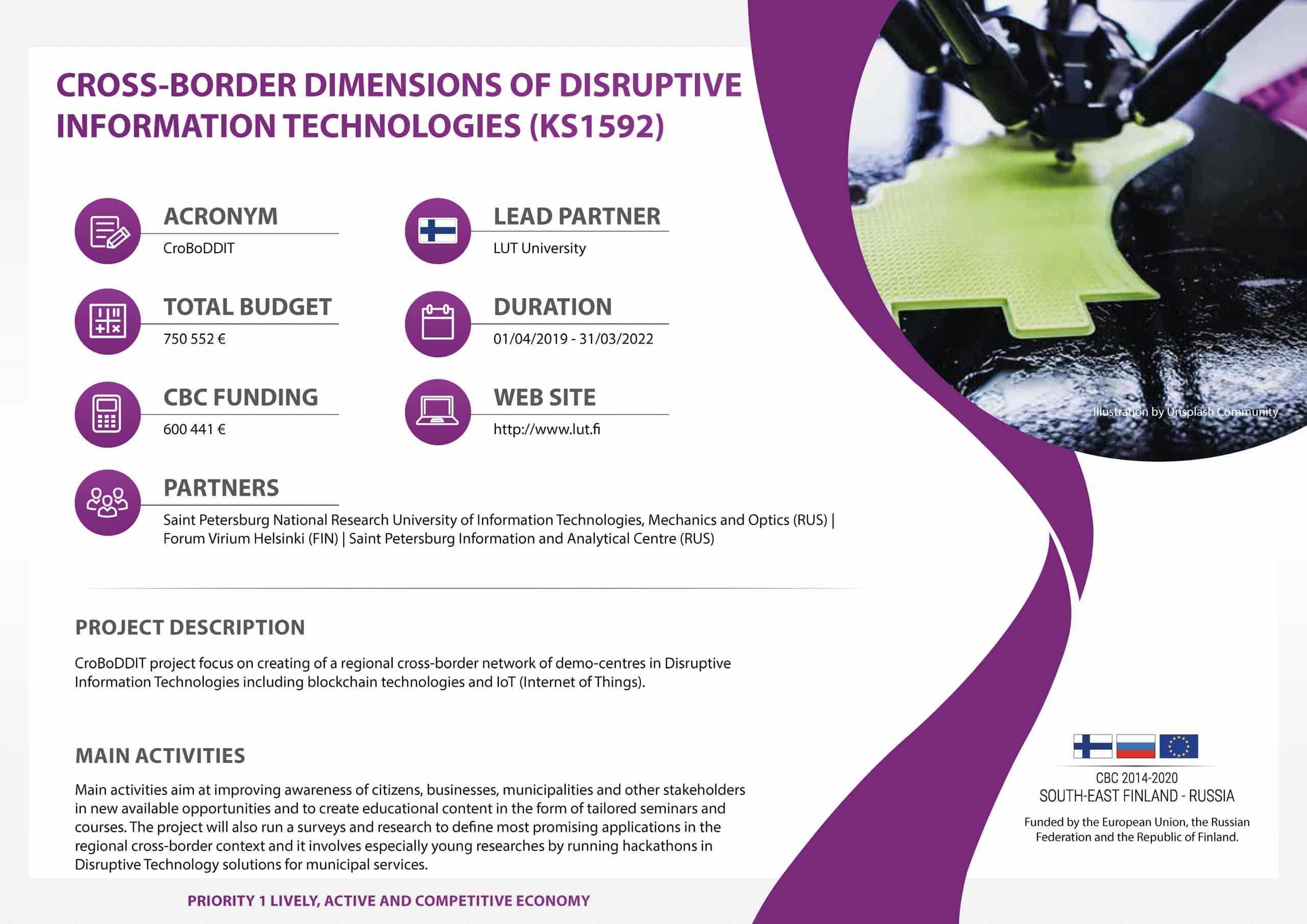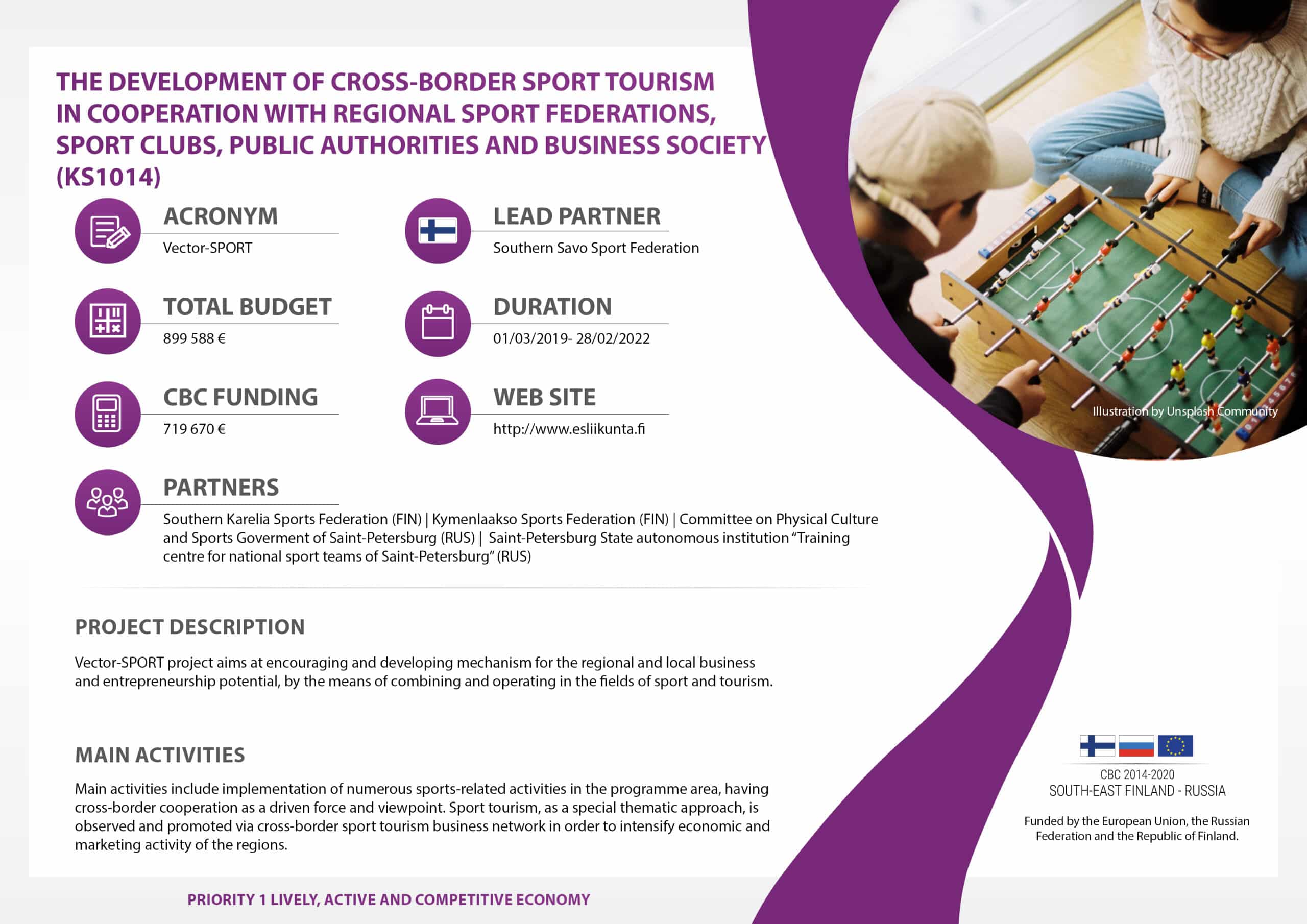View this project in keep.eu
- Project results
-
LIVELY, ACTIVE AND COMPETITIVE ECONOMY (Priority 1)
- KS11144 RivTimes
- KS11135 King's Renascence
- KS1780 Sprengtporten
- KS1831 30 Miles RusFin
- KS1885 Bringing Together
- KS1524 ViVu
- KS1903 INCROBB
- KS1792 Suvorov
- KS1528 NaStA
- KS1699 BBC1
- LIP KS1444 RFLSP
- KS1670 Cata3Pult
- KS1671 NPBSF
- KS1582 Twin Campus
- KS1338 GB
- KS1592 CroBoDDIT
- KS1608 Road Maintenance Business
- KS1088 Corridor
- KS1014 Vector-SPORT
- KS1024 Green ReMark
- KS1016-STARTUP CONNECT
- KS1305 BizCycle
- KS1006 INFUTURE
- INNOVATIVE, SKILLED AND WELL-EDUCATED AREA (Priority 2)
-
ATTRACTIVE, CLEAN ENVIRONMENT AND REGION (Priority 3)
- KS11173 Cool4City
- KS11232 FinAgRu-nat
- KS11071 LALAPETE
- KS11157 PURE
- KS1771 Shore protection
- KS1913 AWARE
- KS1798 EFSOA
- KS1666 SustainPro
- LIP KS1450 Monrepos
- KS1703 SIMREC
- KS1648 One Drop
- KS1549 CoExist
- LIP KS1441 EcoAgRAS
- KS1203 EnviTox
- KS1031 LUGABALT2
- KS1022 RiverGo
- KS1144 Green InterTraffic
- KS1038 RAINMAN
- KS1207 SEVIRA
- KS1460 SHEM-WP
- KS1309 InnoForestView
- WELL-CONNECTED REGION (Priority 4)
-
LIVELY, ACTIVE AND COMPETITIVE ECONOMY (Priority 1)
- ROUNDS OF CALLS
- EVENTS MATERIAL
- ANNUAL SURVEYS
- Useful links
